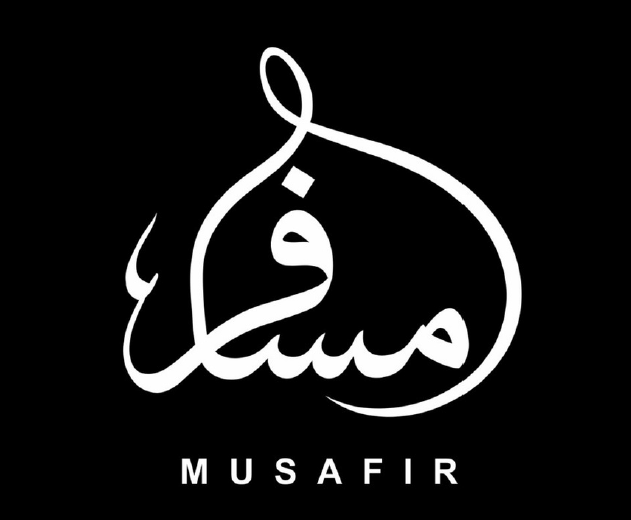Eating a healthy diet during the month of Ramadan can be a challenge, as the fast can make it difficult to get all the nutrients the body needs. However, with careful planning and a few simple strategies, it is possible to maintain a healthy diet during this time of spiritual reflection and growth.
First, it is important to prioritise hydration during the non-fasting hours. Dehydration can cause fatigue, headache, and other unpleasant symptoms, which can be particularly noticeable during the hot summer months. To stay hydrated, make sure to drink plenty of water and other hydrating beverages, such as coconut water or herbal teas.
During the pre-dawn meal, or suhoor, it is important to choose foods that will provide sustained energy throughout the day. This is not the time to skimp on calories or nutrients, as the body will be relying on these stores during the fast. Good options include whole grains, protein-rich foods, and healthy fats. Some examples of suhoor meals might include oatmeal with nuts and berries, whole grain toast with avocado and eggs, or a smoothie made with Greek yoghurt and frozen fruit.
It is also important to break the fast with a balanced meal that includes a variety of nutrients. Rather than indulging in unhealthy, high-fat foods, try to focus on nourishing, whole foods that will provide energy and support overall health. This might include a plate of grilled chicken or fish with roasted vegetables and quinoa, or a bowl of lentil soup with a side of whole grain bread.
In addition to paying attention to what you eat, it is also important to pay attention to how you eat during Ramadan. Take the time to sit down and enjoy your meals, rather than eating quickly or on the go. This can help to improve digestion and overall well-being.
Finally, don’t forget to stay active during Ramadan. Regular physical activity can help to improve energy levels, support weight management, and boost mood. Just be sure to listen to your body and adjust your workout routine as needed to account for the fast.
In conclusion, eating a healthy diet during Ramadan is possible with careful planning and a focus on nourishing, whole foods. By prioritising hydration, choosing balanced meals, and staying active, you can support your health and well-being during this special time of year.
